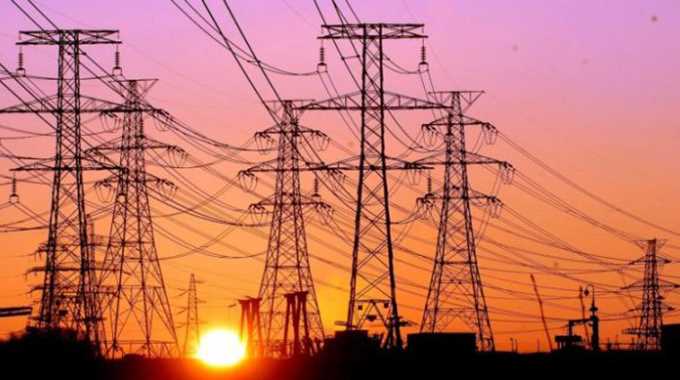
ZESA Holdings has unlocked a US$12 million facility to increase electricity imports through the Southern African Power Pool, as the utility moves to prevent holiday-season power cuts while two critical Hwange Power Station units are taken offline for major maintenance.
The planned Class C overhaul on Unit 8 begins this week, marking the start of a 35-day technical deep-dive expected to restore the unit to peak performance. A similar programme will follow on Unit 7.
The two units, commissioned in 2023, currently anchor more than half of Zimbabwe’s baseload supply, meaning their temporary shutdown leaves a significant gap in the national grid.
Speaking to the Parliamentary Portfolio Committee on Energy and Power Development during a site visit in Hwange, acting ZESA chief executive Engineer Cletus Nyachowe said the import fund is meant to cushion consumers as the utility navigates the maintenance window.
“We have put together a fund of about US$12 million, and this will be channelled into the Southern African Power Pool,” Nyachowe said. “Energy traded on the Power Pool works like a stock exchange — we bid for what we need the next day and settle once the allocation is secured.”
Related Stories
By buying power on the day-ahead market, ZESA gains flexibility to match imports with fluctuating demand, helping stabilise supply during the outage of the two major units.
Experts familiar with the Hwange expansion project say the Class C procedure is a comprehensive engineering intervention aimed at preventing long-term performance deterioration and guarding against critical system failures. To reduce pressure on the grid, the utility will stagger the shutdowns of Units 7 and 8.
Nyachowe added that Kariba Power Station is being managed more aggressively to help maintain local generation.
He said the utility adhered closely to its 2025 water allocation of 14 billion cubic metres, allowing it to preserve enough water to boost output during the maintenance period.
He further acknowledged the strain placed on ZESA by the current tariff framework, noting that keeping household tariffs affordable remains a priority.
He said a more stable domestic currency would enhance the utility’s ability to mobilise foreign currency for imports, repairs and long-term energy infrastructure.










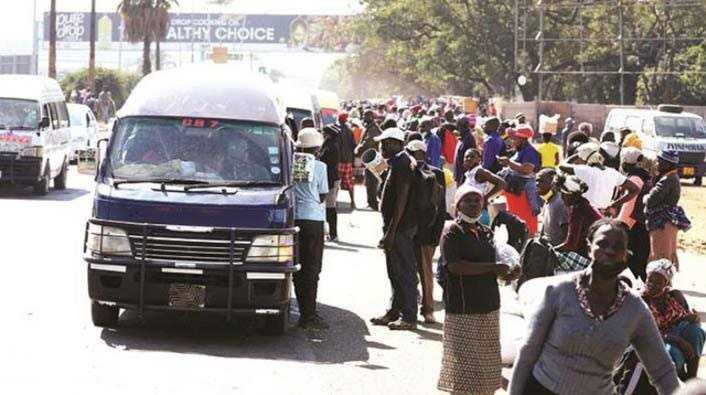
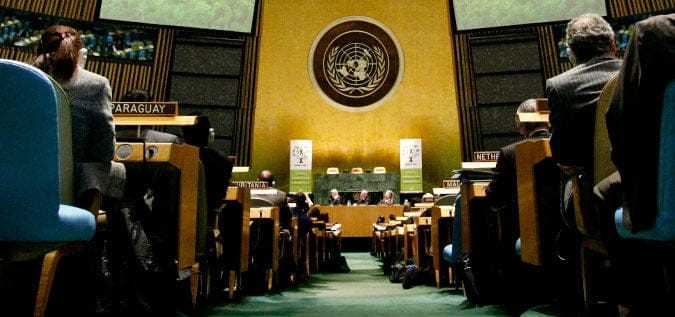
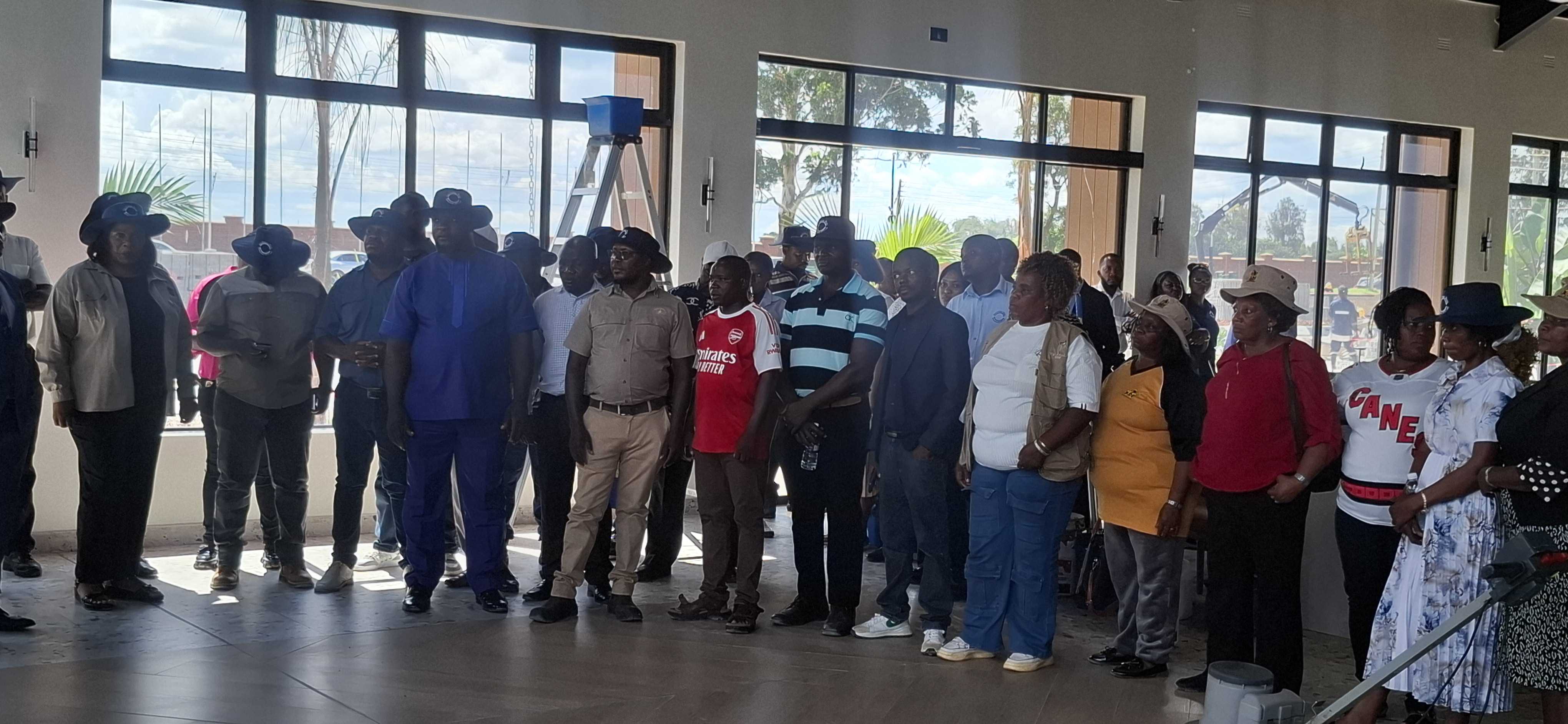


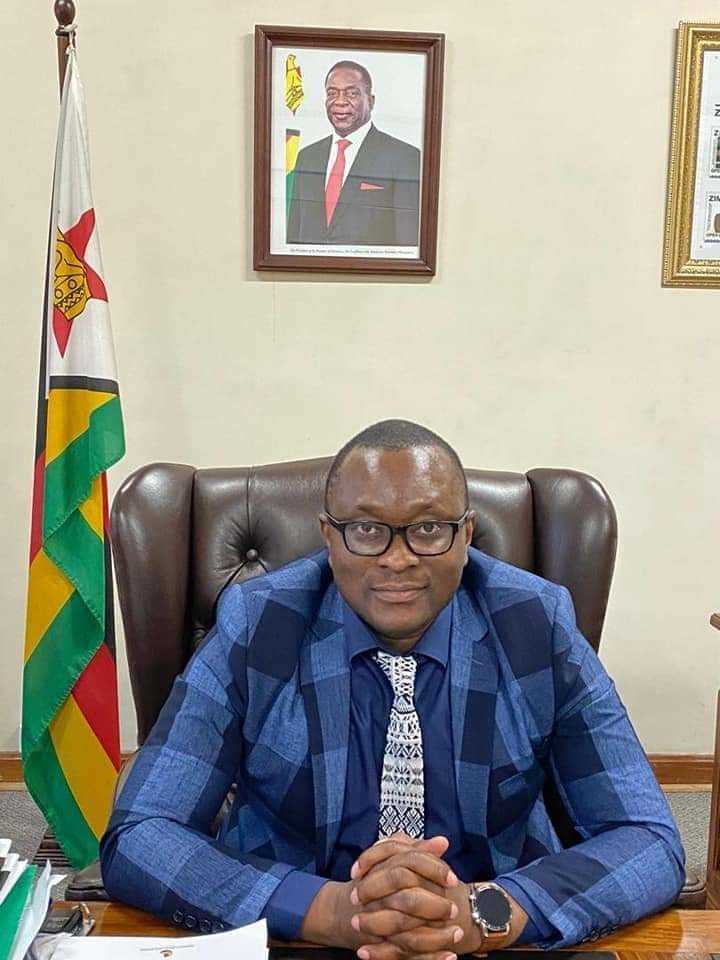
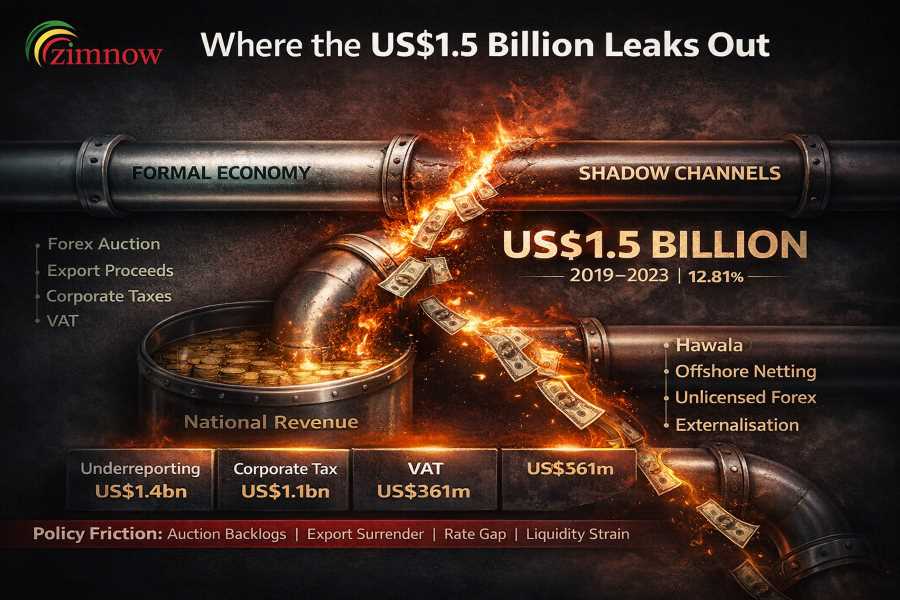



Leave Comments